There are plenty of misconceptions when it comes to diet. People still think that eating too much fat is the reason you start gaining weight. Yes, if you are looking at fat consumption in terms of calories, it would make sense that overeating fat would cause you to get fatter. Fat does equal 9 calories per gram as opposed to 4 calories per gram for carbohydrates and protein.
So, you would think that less fat means less calories.
But that isn’t the case—and it is one of the reasons people continue to struggle with losing weight. Fat is not the enemy. It never was. Furthermore, your metabolism is more complex than using the calories in versus calories out methodology.
You need protein, carbohydrates, and protein to survive; and if you truly want to reduce your overall body fat percentage, you need to balance your macronutrients to make room for more healthy fats. It’s time to ditch the myth that eating fat makes you fat. Here is everything you need to know about eating fat to burn fat and beyond.
The History Behind The Fat Myth
Time for a history lesson! The crazy notion that consuming fat increases your body fat was started back in the 1950s by Dr. Ancel Benjamin Keys, who did research on the connection between eating too much fat and heart disease. Since then, Americans were taught that fat is at fault for our weight problems, obesity, and plaque in our arteries.
Around the late 1977s, the nutritional guidelines that many continue to follow were created and then introduced to the public around 1980. During that time, as people started adhering to the high-carb, low-fat route, the number of Americans who were classified as obese increased by nearly 20-percent.
Yes, you ready that correctly.
In 1992, the food pyramid was released to guide people to make healthier food decisions. Carbohydrates were considered healthy, so they were the base, and the recommended servings were between 6-11 a day. You might already see the problem with this. Fats were all lumped together, regardless of their type—saturated, unsaturated, omega-3s, omega-6s, omega-9s—and so most people were led to believe that, again, all fats were bad fats.
Thankfully, in the 2000s, the low-fat craze started dying down and more people starting opening up to the idea of healthy fats. But we still have a long way to go before the myth is officially busted and ousted from the collective mindset.
Why You Really Gain Weight
Now that you know that fat is not your mortal weight loss enemy, let’s discuss the real reason you put on weight. Part of the reason people seem to get confused by this whole “eating fat doesn’t make you fat” thing is because they think body fat is equal to dietary fat.
This is wrong.
The fat in the human body is called “adipose tissue.” It is comprised of adipocytes, or fat cells, that help store excess energy for periods of starvation or when you are burning through a lot of calories. Fat also cushions the organs and insulates the body. It’s vital. You need fat for survival, which is why people who are extremely low weight and have little fat die.
A 2013 study tracked a single healthy male competition bodybuilder for 12 months (6 months before competition and 6 months after). During the duration of the study, the bodybuilder went from 14.8% body fat to 4.5% for the competition. The researchers saw the following complications from losing too much essential body fat:
- Elevation of cortisol
- Reduction of testosterone
- Disrupted immune function
- Mood swings
- Decreased physical performance
- Decreased maximal heart rate
The researchers said the effects were similar to overtraining—and any gym rat knows how bad that can be. For women, the effects of too little body fat can be even worse. In short, you don’t want to go there. Ever.
Rather than removing fat from your diet, you need to come to terms with the real reason people gain weight. As stated earlier, there is much more to this than calories in/calories out. The USDA found that between 1970 and 2000, the number of calories Americans consumed daily went up by 530 calories, or by 24.5-percent. Part of the reason is “reactive hypoglycemia,” a phenomenon that is produced by eating too many sugars, prompting increased insulin release, a crash in blood sugar, and then hunger pangs.
People who aren’t even pre-diabetic or diabetic can experience reactive hypoglycemia. And these same people often feed their hunger with even more empty carbohydrates. That means more glucose. More hunger.
But let’s back up for a minute here.
Remember insulin? It’s extremely important, but it also causes the body to gain weight in excess when too much of the hormone is produced. Normally, when you gain weight, your body produces more leptin, a hormone that signals your body to stop putting on weight. This survival mechanism occurs because a human that is too heavy cannot survive—at least when we lived in primeval times.
Unfortunately, the modern diet does not allow leptin to do its job. When you eat too much sugar in the form of glucose, fructose, and other simple forms, insulin overpowers your body, and you develop insulin resistance. The more insulin your body releases, the more leptin in needs to find balance. This is why obese people often have leptin resistance and cannot control their hunger.
Science of Healthy Fat
Now, you heard the phrase “food is medicine” before, right? You can start to see a connection to how your diet affects your quality of life. Consuming massive amounts of carbohydrates is obviously not doing your hormones any favors.
Yes, you need glycogen, which is produced by glucose from carbohydrates, for energy. But you don’t need that much. Not when you have dietary fat.
Dietary fat nourishes the system differently. Rather than getting stored in the liver or in adipose tissue, it is absorbed into the intestines, goes through the lymphatic system, and is then circulated throughout the body. Since the chylomicrons that come from digested fat do not get stored in the liver, there is no need for insulin to be released.
Because insulin does not increase, you don’t have to worry about insulin resistance. Furthermore, your body excretes more leptin. You will feel fuller, your metabolism will increase to burn off the weight, and your weight will go down. After all, people who are at a healthy weight are leptin sensitive.
Eat Fat To Burn More Calories
For those who are not at a healthy weight, the body works differently. Since overweight and obese individuals are not sensitive to leptin, they will not experience that increase. Metabolism will not increase, and your appetite will stay the same.
But that doesn’t mean you shouldn’t try a high-fat diet. Instead, obese people should minimize their carbohydrate intake and get most of their calories from fat. This puts them into the latest buzzword: ketosis.
Ketosis helps the body burn fat for fuel. The end result is a body that can regulate both insulin and leptin, has a faster metabolism, and enhanced fat loss.
The National Institutes of Health conducted a study with two groups. Both groups had the same exercise routine, sleep schedule, and daily calories, but one group consumed most of the calories through carbohydrates while the others ate an equal amount of calories in fat. The results showed that those who ate more fat burned more than an extra 100 calories a day. The study also stated that fat turns off hunger by creating a sensation of satiety.
Another study watched a group of participants for a year to compare the effects of high-fat, low carb diets to high-carb, low-fat diets. After the 12 months were up, the people who followed the high-fat diet had better triglyceride levels, better fat loss, and even better HDL cholesterol levels than their carbohydrate-eating counterparts.
What else can a high-fat diet balance? An eye-opening Swedish study reported that diabetics were eating a diet comprised of 50-percent fat, 20-percent carbohydrates, and 30-percent protein lost the same amount of fat as the low-fat group, but those who ate higher amounts of healthy fat saw decreased levels of insulin and enhanced blood sugar regulation. This means that they were closer to restoring metabolic balance and would have long term weight loss.
In other words, eating fat helps you not only burn more calories over time, but it also helps regulate your system as well. If you want to lose weight and keep it off, a high-fat diet is the way to go.
Using High Fat To Speed Up Your Metabolism
In the end, only one factor controls your calories in/calories out ratio—you. You are the person who needs to plan, prepare, and stick to the diet. A high-fat diet is not always ideal for everyone, especially those who are extremely active or professional athletes. However, if you want to truly burn off fat and keep it off, adding more healthy fats to your diet is the way to go.
Here is a list of fats that you should add to your diet to jump-start your metabolism and fat loss:
-
Avocado – also full of protein, folate, and vitamin E
-
Butter and Ghee (clarified butter) – high in trace minerals like selenium, vitamin A and E
- Extra-virgin olive oil – reduces inflammation; lowers blood pressure and cholesterol; and improves blood vessel function.
-
Coconut oil – easy to digest and provides quick energy;
-
Nuts and seeds – high in ALA omega-3s; lowers LDL cholesterol; can be anything from nut butters, raw almonds, walnuts, flaxseeds, chia, Brazil nuts, and macadamia nuts.
-
Fatty fish – the best source of DHA and EPA fats; try to get at least 1,000 mg a day of DHA/EPA fats and around 4,000 mg of omega-3s from fish like salmon, sardines, anchovies, mackerel or from fish oil supplements.
-
Grass-fed organic beef – contains conjugated linoleic acid (CLA), which can only be consumed from animal-protein sources (or from fortified vegetarian/vegan meat alternatives).
-
Eggs – full of amino acids and reduces the risk of metabolic syndrome
-
Dark chocolate – contains antioxidants, healthy fats, flavanols to protect the heart, and protects the body from free radicals. Choose 70-percent cacao or higher for full effect.
- MCT oil – MCT stands for “medium-chain triglycerides,” a kind of saturated fat that are easily digestible and processed by the liver, which boosts metabolism without affecting your insulin. MCT oil can be added to coffee, salad dressings, smoothies, and more.
Remember, not all fats are going to be good for your health. Some fats, like trans fats and omega-6s and omega-9s, when eaten in excess can cause oxidization in the body, which is harmful. Omega-3s, ALA, and CLA, however, contain anti-inflammatory properties that reduce your risk of chronic diseases while giving the body the energy it needs to function.
To figure out how much fat you should be eating throughout the day, you want to first calculate your caloric needs. Do that by calculating your Basal Metabolic Rate (BMR) and Total Daily Energy Expenditure (TDEE). Then, you can figure out your ideal calorie range for your fitness or weight loss goal.
After that, choose at macronutrient range for protein, carbohydrates, and fat that allows for higher fat consumption, where 40 to 75-percent of your calories come from fat sources.
The Bottom Line
It deserves repeating: Fat is not the bad guy. You need fat to do more than survive—you need it to manage your weight, too. Now that you know why fat is your friend when it comes to weight loss, you can apply it to your own journey. And remember to stay away from reduced fat and low fat “diet” foods.
Want to learn more about diet and weight loss? Check out our Facebook page and follow us for more information and updates!
The post Does Eating Fat Make You Fat? appeared first on Gaspari Nutrition.




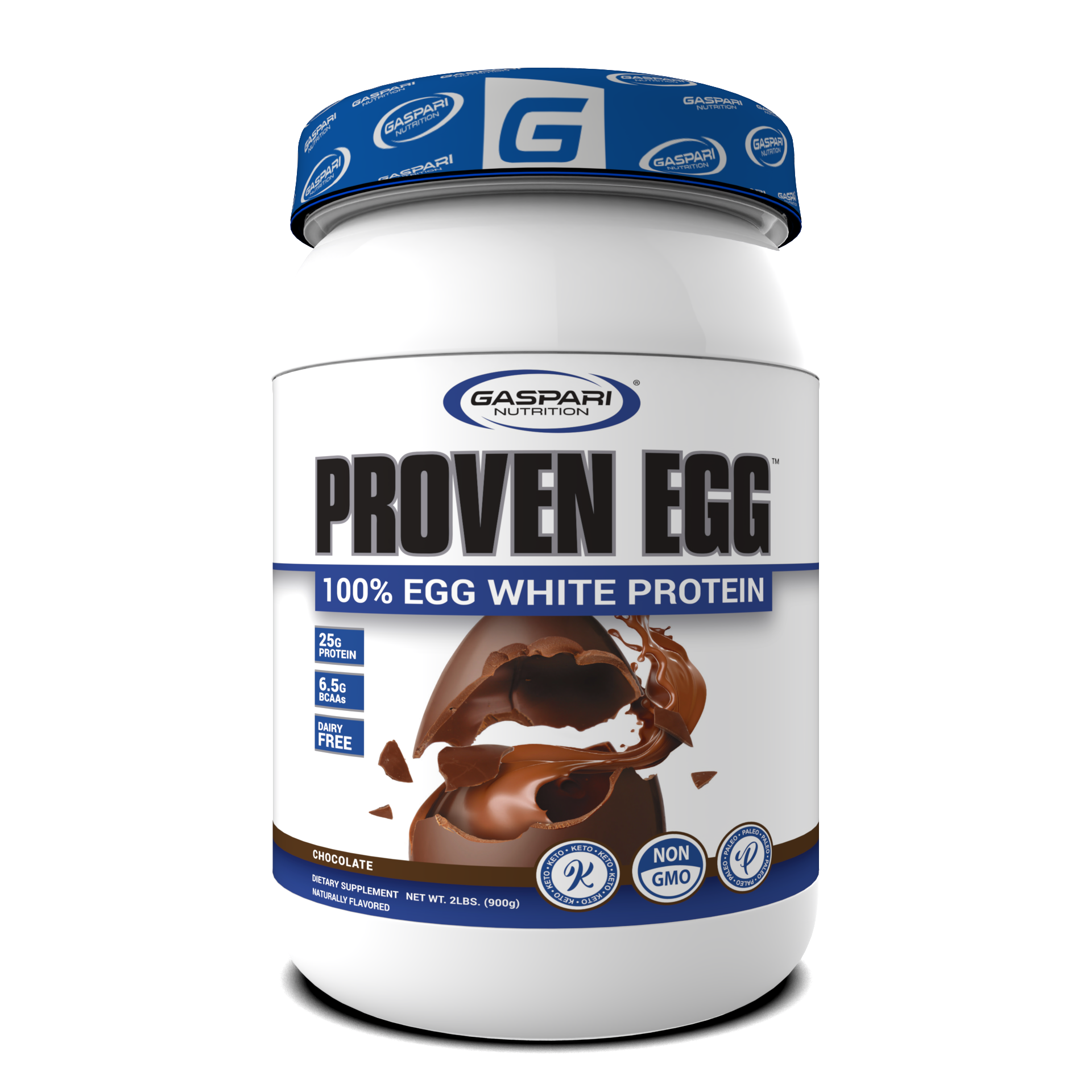



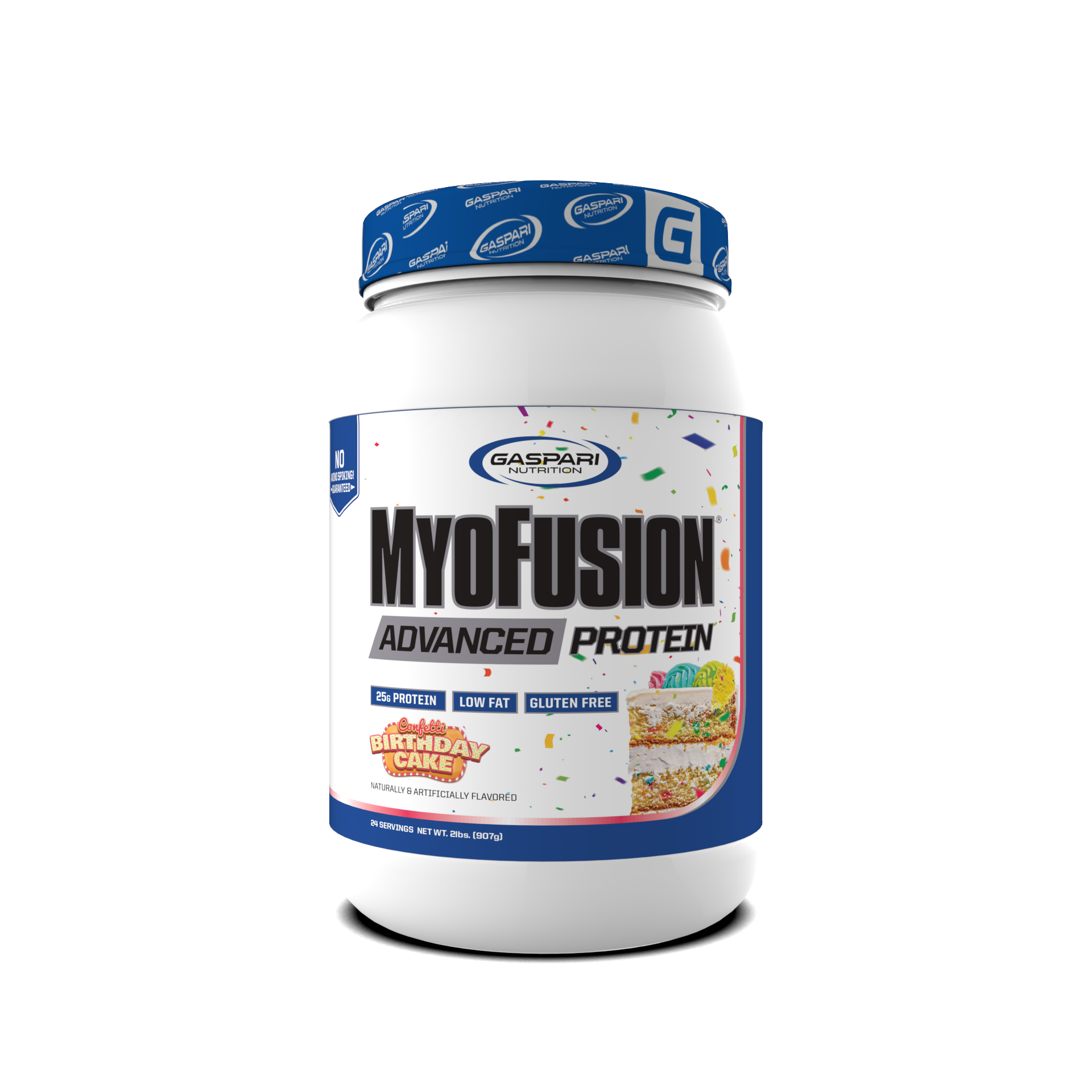



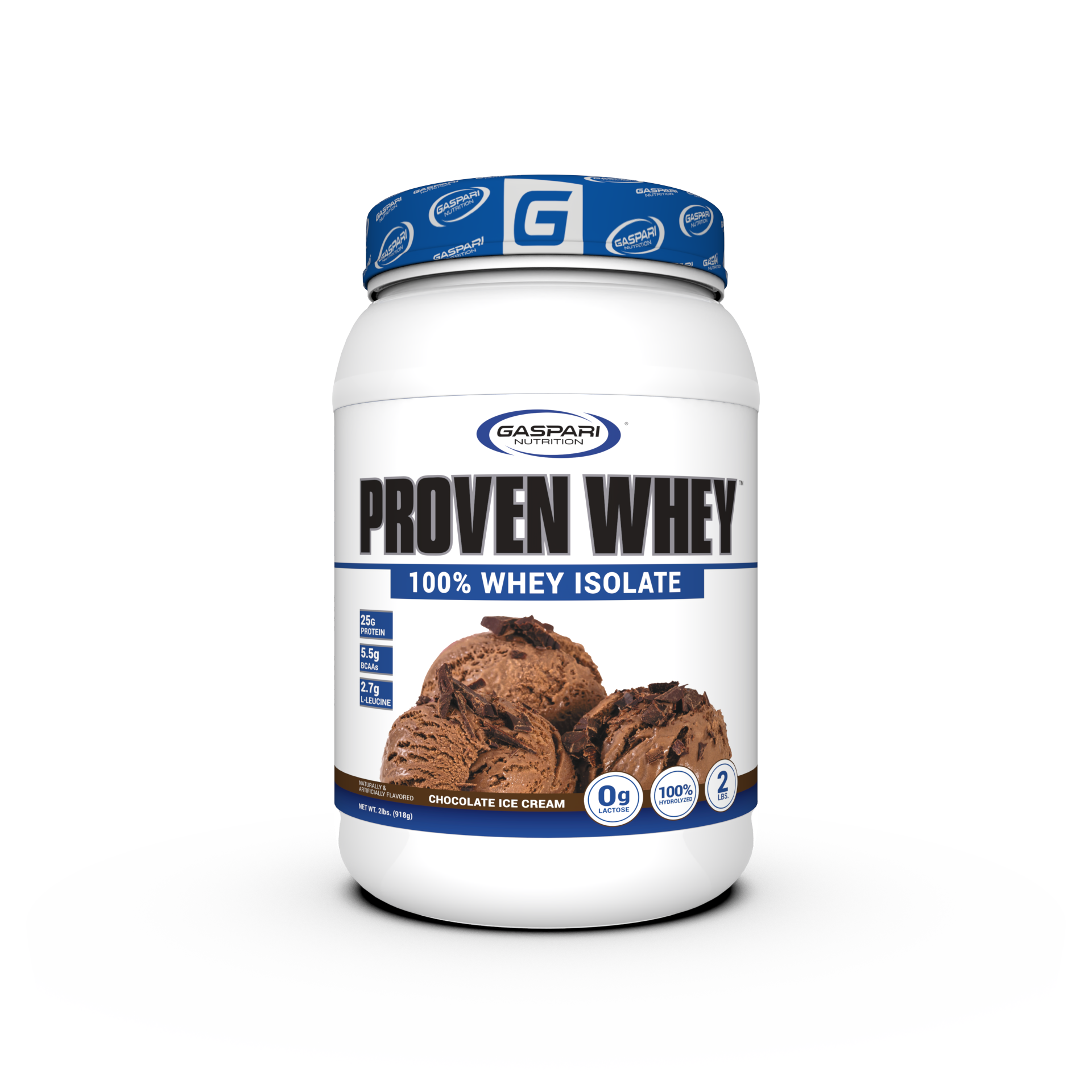




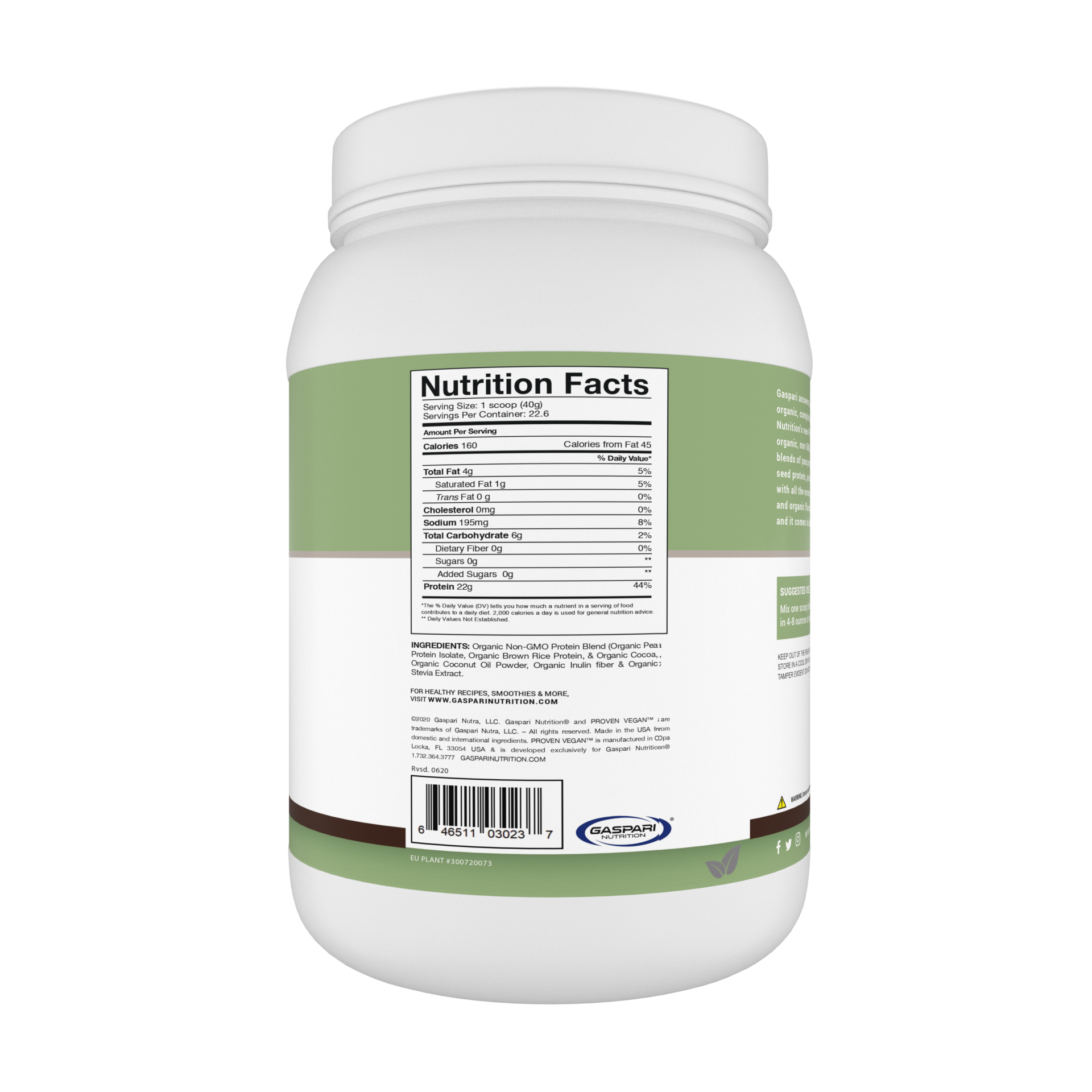


















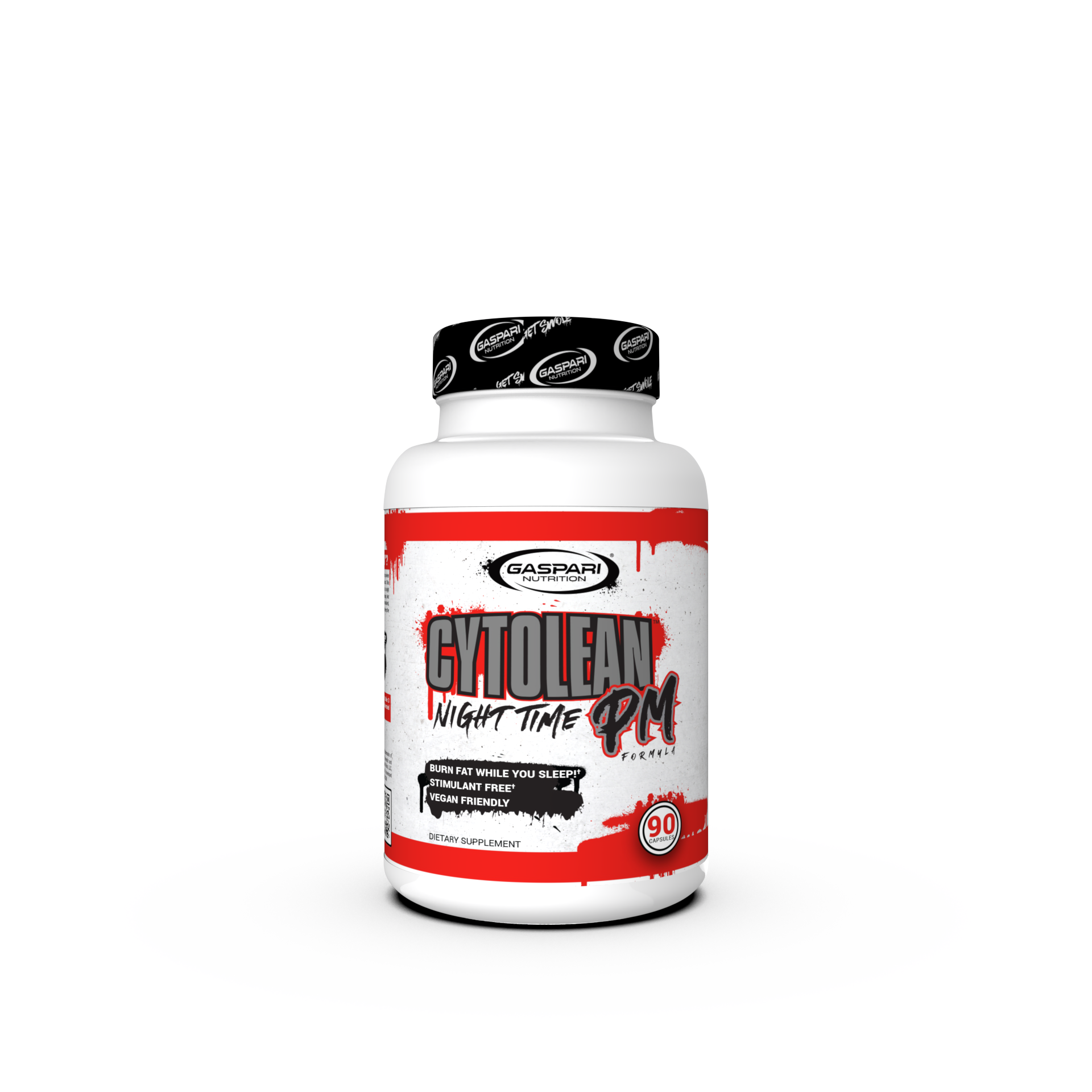



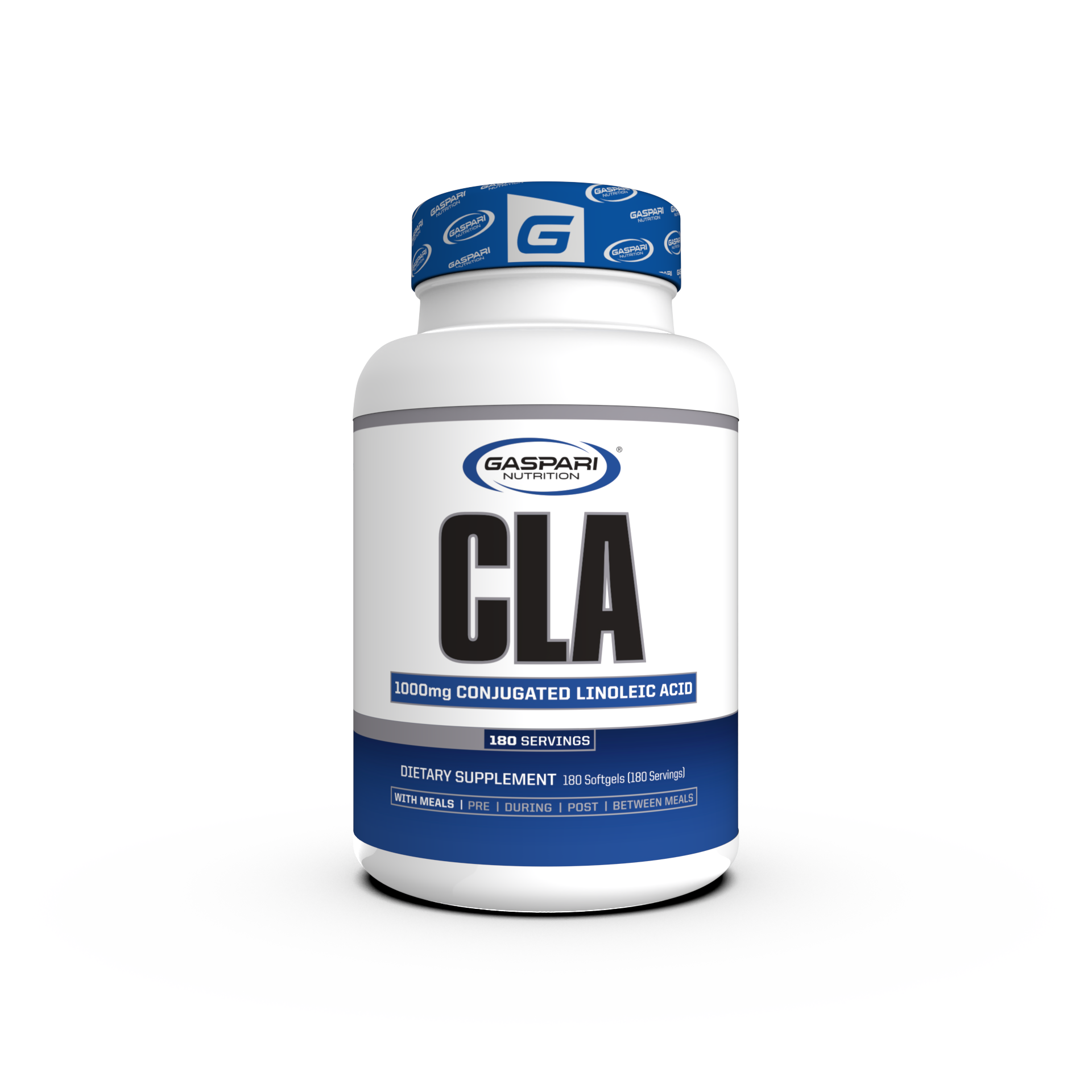



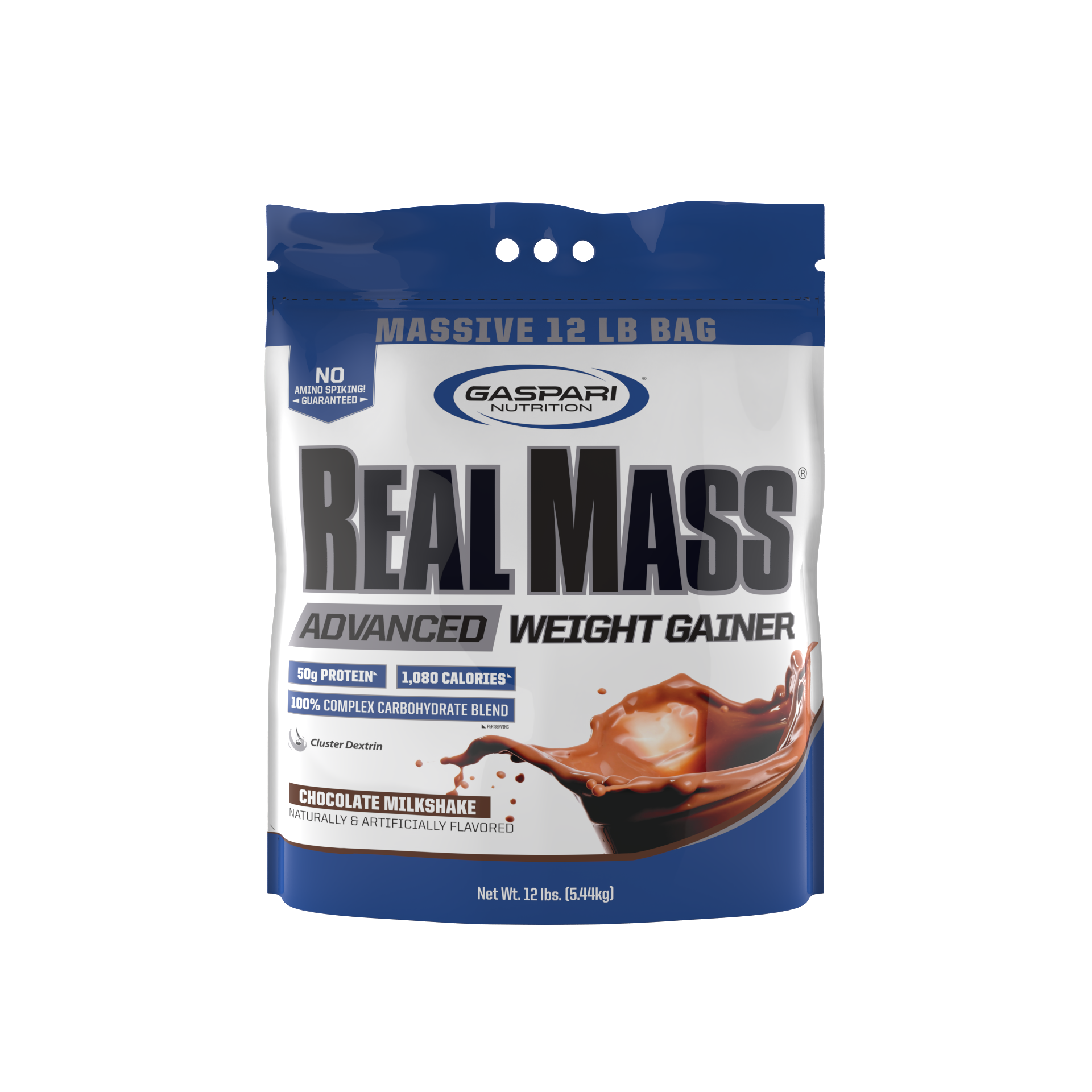



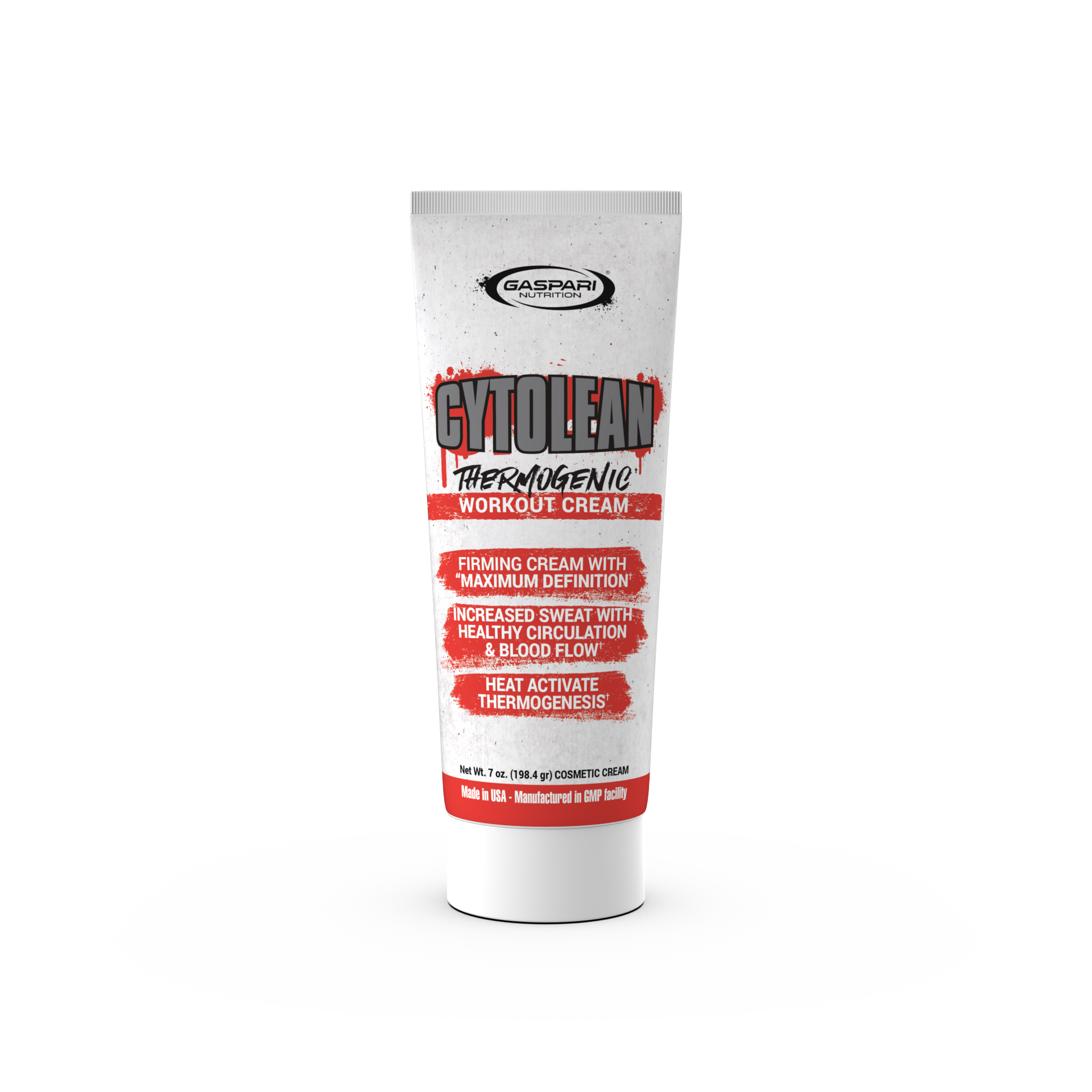















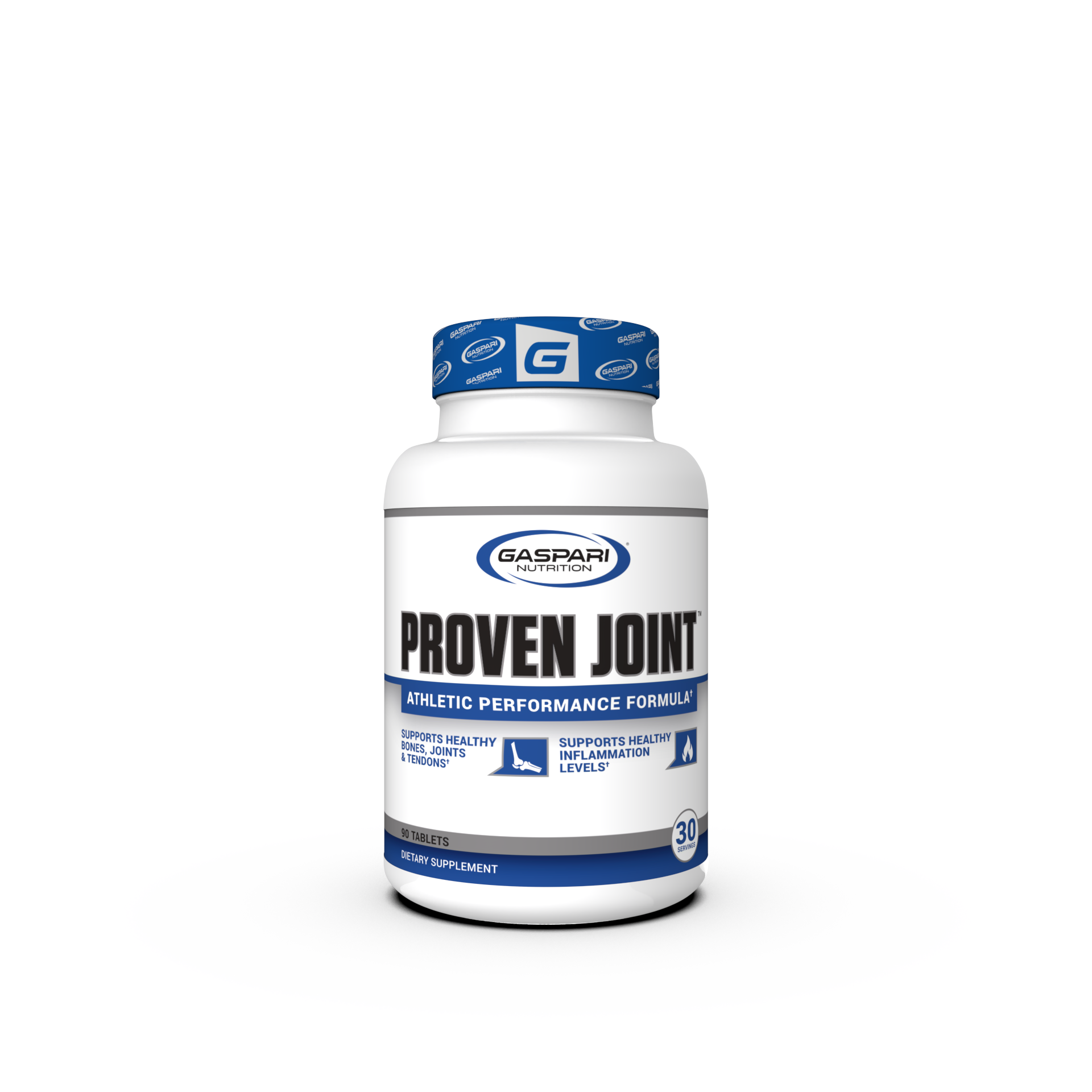











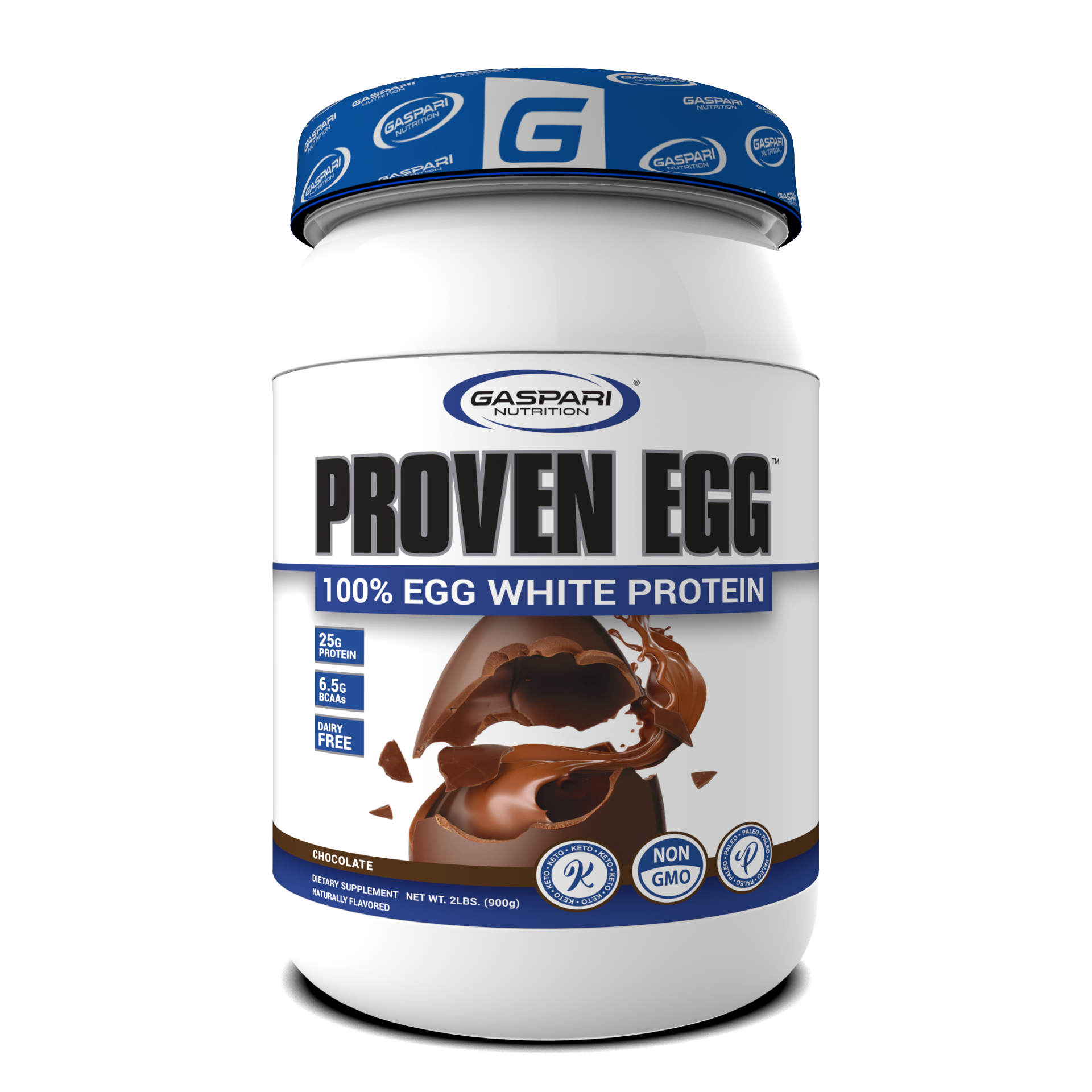

Share:
Guava Nectarine Peach Amino Smoothie with a mint touch
Benefits of Essential Amino Acids